

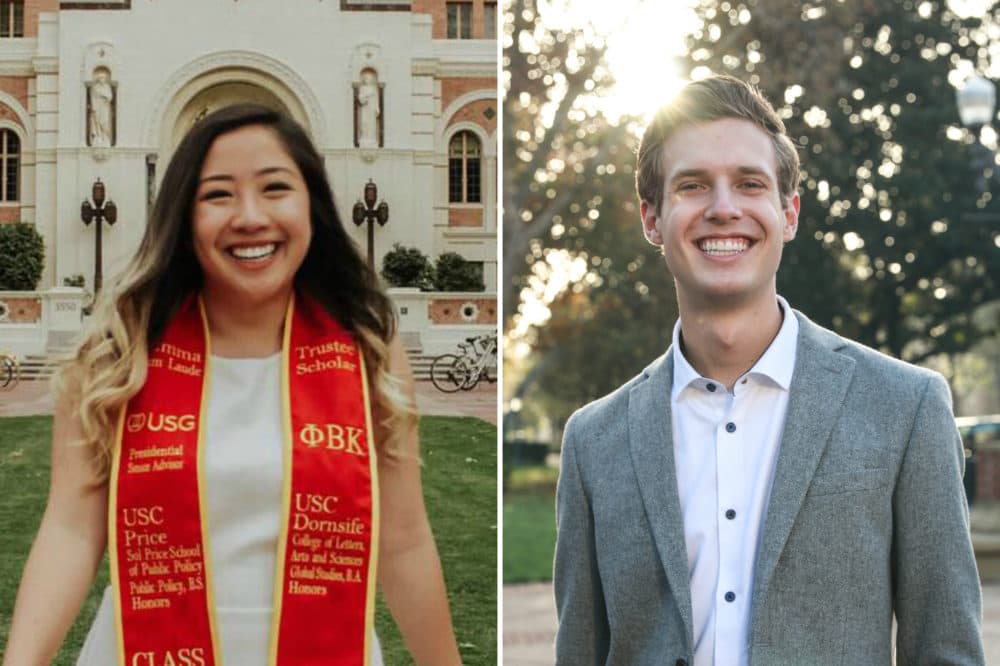
USC has announced that their valedictorian, Asna Tabassum, will not be delivering her speech at commencement due to security concerns and "intense feelings" fueled by social media and the ongoing conflict in the Middle East. Despite having a strong academic standing and a track record of community service and leadership, the university has decided to prioritize safety over tradition. Tabassum has expressed disappointment and questioned the reasoning behind the decision, stating that security and safety should not prevent her from exercising her freedom of speech.
Valedictorian at USC Silenced Over Security Concerns
In a controversial decision, the University of Southern California (USC) has revoked the valedictorian's speech at commencement due to security concerns and "intense feelings" related to the ongoing conflict in the Middle East.
Background
Asna Tabassum, a Pakistani-American student, was selected as valedictorian based on her exceptional academic achievements and involvement in campus life. However, her speech at the May 12th commencement ceremony has been deemed too controversial by USC officials.
USC's Reasoning
According to USC, the decision was made after consulting with law enforcement and campus security experts. They cited concerns about Tabassum's safety and the potential for disruption to the ceremony. The university also stated that the decision was not based on Tabassum's personal beliefs or affiliations.
Tabassum's Reaction
Tabassum has expressed disappointment and questioned the reasoning behind the decision. She stated that security and safety should not prevent her from exercising her freedom of speech. She also criticized the university for caving in to pressure from groups who may not share her views.
Fallout
The decision has sparked widespread criticism from students, faculty, and free speech advocates. Some have accused USC of censorship and discrimination. Others have expressed concerns about the university's commitment to diversity and inclusion.
Top 5 FAQs
1. What was Tabassum's intended speech about? The contents of Tabassum's speech have not been publicly released. However, she has stated that it would have addressed her experiences as a Muslim-American woman and the challenges of navigating identity and belonging.
2. What is the nature of the security concerns? USC has not disclosed the specific nature of the security threats that prompted the decision. However, they have stated that they received information from law enforcement and campus security experts.
3. Has USC banned Tabassum from speaking entirely? No, Tabassum is still allowed to attend commencement and receive her diploma. However, she will not be delivering the valedictorian's address.
4. Are there any precedents for this type of decision? There have been a few other instances where universities have silenced valedictorians or other student speakers due to security concerns or controversial speech.
5. What are the broader implications of this decision? The decision by USC has raised concerns about the limits of free speech on college campuses and the potential for discrimination against marginalized students.

In a recent statement, Andhra Pradesh's Minister Ponguru Narayana dispelled any doubts about the development of the state's capital, Amaravati. He reassured farmers that their lands' value will not decrease and highlighted the Chief Minister's long-term vision for the city. However, he also stressed the need for new land acquisitions for companies and the construction of an international airport, which may cause financial losses for some farmers. With the completion of employee buildings and trunk roads, Chief Minister Chandrababu Naidu is moving forward with innovative plans to boost Amaravati's growth and infrastructure.
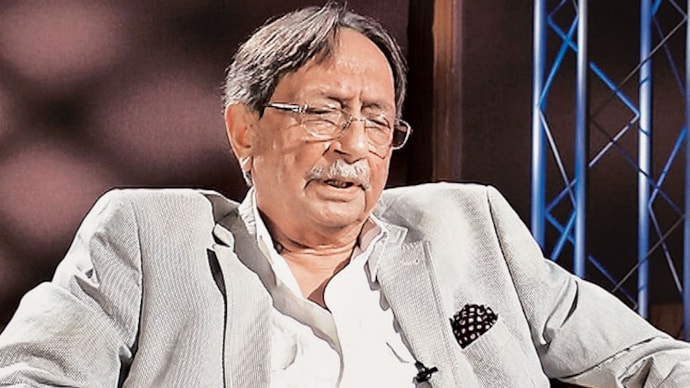
Former RAW chief AS Dulat's new book 'The Chief Minister and the Spy' has made explosive claims about National Conference chief Farooq Abdullah's stance on the abrogation of Article 370 from the Constitution. According to the book, Abdullah publicly opposed the move, but in private, he supported the Centre's decision. However, his party has denied these claims, calling the book 'sensational'. The book also reveals that the government had detained Abdullah in an attempt to make him accept the new reality, but he refused to endorse the decision upon his release in 2020.
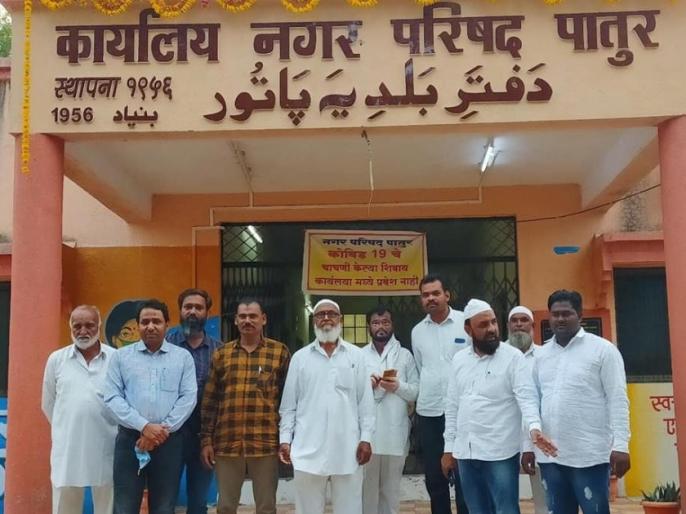
The Supreme Court of India has upheld the use of Urdu on municipal signboards in Maharashtra, dismissing a petition that objected to its inclusion alongside Marathi and English. The judges emphasized that India's strength lies in its rich cultural and linguistic diversity, and that the use of Urdu is neither unconstitutional nor discriminatory. The decision reaffirms India's constitutional commitment to protect and promote linguistic and cultural diversity, urging all citizens to celebrate rather than be threatened by it.

In a recent scandal surrounding the abrogation of Article 370 in Kashmir, Farooq Abdullah's daughter Safia Abdullah Khan has publicly denounced former RAW chief AS Dulat, stating that she never trusted him and that he was only loyal to himself. Dulat's new book claims that Farooq Abdullah actually supported the Centre's move, causing doubt among politicians and the public alike. Mehbooba Mufti's daughter Iltija Mufti also spoke out, accusing Farooq of choosing to stay in Kashmir instead of the Parliament during the decision, further adding to the controversy.
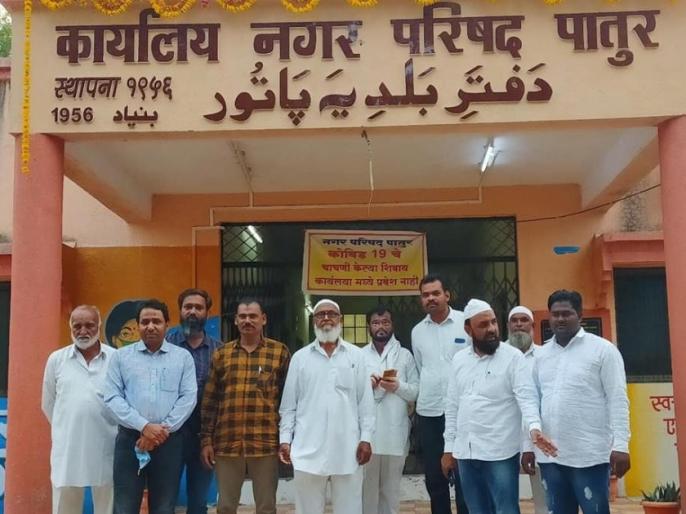
The Supreme Court recently rejected a challenge to the use of Urdu on the signboard of a Municipality in Maharashtra and emphasized that language should not be a cause for division in a diverse country like India. The Court upheld the Bombay High Court's decision stating that the use of Urdu, along with Marathi, would not violate any laws. The judgment also addressed the prejudice against Urdu and highlighted its cultural significance as the sixth most spoken Scheduled language in India.
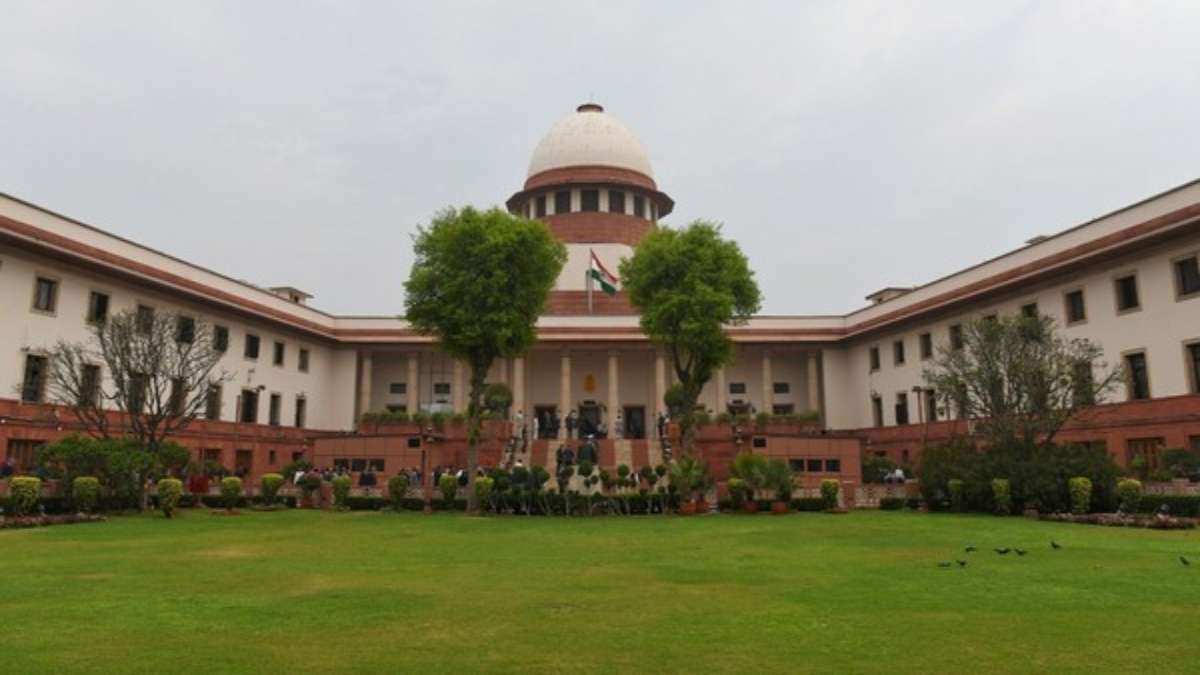
The Supreme Court of India has rejected a plea seeking the removal of Urdu from a municipal council's nameboard, stating that no language belongs to a religion and emphasizing the cultural significance of language. The court highlighted the intricate relationship between Hindi and Urdu, which have been divided by colonial powers on the basis of religion. The court also noted the historical development and refinement of Urdu, making it the language of choice for renowned poets.

Union Minister Nitin Gadkari has announced that the Mumbai-Goa highway will finally be completed by June, bringing relief to daily commuters and aiding development in the Konkan region. He also reassured that physical toll booths will be removed across the country and a new toll policy will be implemented. Despite facing numerous challenges, including legal disputes and internal conflicts, Gadkari expressed confidence in India's infrastructural future, stating that in two years, it will even surpass that of the United States.
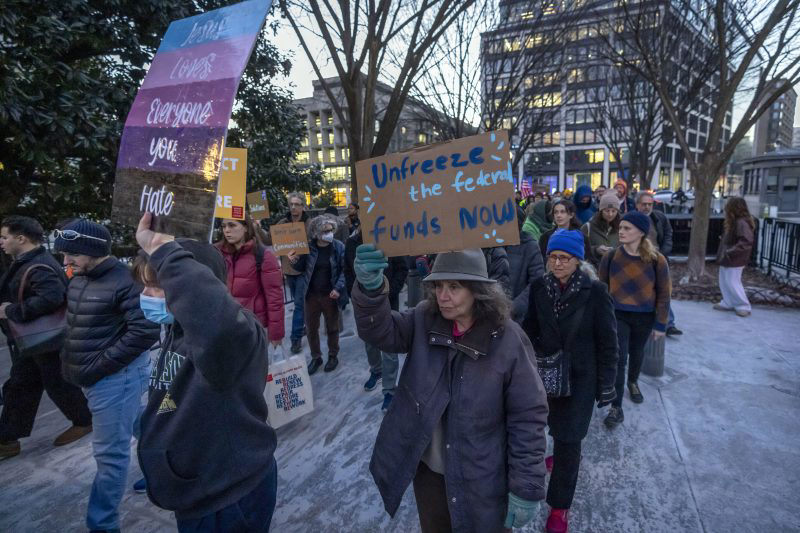
In the latest clash between the Trump administration and higher education, Harvard University has been hit with a freeze in federal funding of $2.2 billion. This comes after the university rejected a list of demands from the White House to crack down on anti-Semitism on campus. Despite the warning, Harvard's president has vowed to defy the government and protect the university's independence and constitutional rights. The Trump administration's Joint Task Force to Combat Anti-Semitism responded with a statement announcing the hold on funding and contracts.

The tragic suicide of Bollywood actor Sushant Singh Rajput in 2020 became a catalyst for the Indian media's descent into sensationalism and politicization. In their zealous pursuit of a story, anchors and news channels disregarded basic principles of journalism and resorted to wild speculation, conspiracy theories, and character assassination of those involved, particularly actress Rhea Chakraborty. This case highlights the dangerous trend of using personal tragedies as a means for political gain and sensationalism, rather than having important conversations about mental health and systemic issues within the entertainment industry.

West Bengal Chief Minister Mamata Banerjee, in her speech at an Eid prayers event, criticized the BJP for trying to incite communal violence in the state and accused them of promoting "ganda dharma" (dirty ideology) which goes against the true principles of Hinduism. The BJP hit back at Banerjee, accusing her of deliberately sowing hate and deriding the Hindu faith. Banerjee has faced backlash for her divisive remarks, with BJP leaders and supporters condemning her statements.